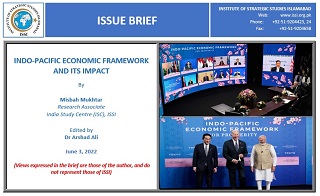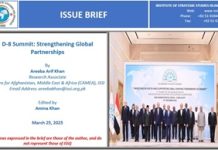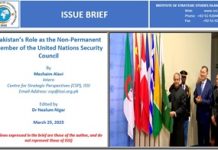For years, due to its economic and strategic significance, the Indo-Pacific region has remained central to various global powers where both China and the US are competing to establish a greater foothold. In this milieu, President Joe Biden launched the much-awaited Indo-Pacific Economic Framework (IPEF) in Tokyo, Japan on 23rd May 2022. The framework was joined by 12 other countries including Australia, Brunei, India, Indonesia, Japan, the Republic of Korea, Malaysia, New Zealand, the Philippines, Singapore, Thailand, and Vietnam.[1] The significance of IPEF lies in the fact that it has been launched after five years of the US withdrawal from the Trans-Pacific Partnership (TPP), a cornerstone project of the Obama Administration’s Asia Pacific trade policy.[2] However, it is pertinent to note that IPEF offers divergence from various policies of earlier TTP for example, it has low barriers to joining and does not offer access to its partners to the US markets.
Highlighting the contours of the new framework, a White House press statement says, “This framework is intended to advance resilience, sustainability, inclusiveness, economic growth, fairness, and competitiveness for our economies.”[3] The framework focuses on four key areas:
- Connected Economy
- Resilient Economy
- Clean Economy
- Fair Economy
These themes are then divided into various parts i.e. trade, supply chains, clean energy, decarbonization, infrastructure and, tax and anti-corruption activities.
















